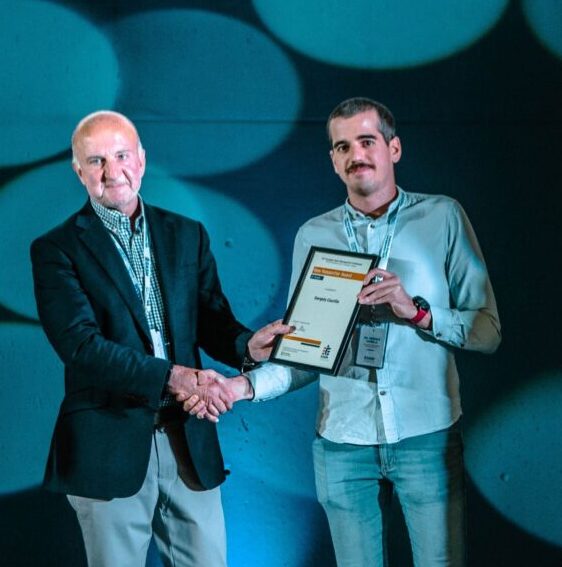Immigrant-native pay gap driven by lack of access to high-paying jobs
Are Skeie Hermansen – Andrew Penner – István Boza [et al.] Nature (2025) Abstract Immigrants to high-income countries often face considerable and persistent difficulties in the labour market, whereas their native-born children typically experience economic progress. However, little is known about the extent to which these immigrant–native earnings differences stem from unequal pay when doing […]
Navigating AI-Driven Financial Forecasting: A Systematic Review of Current Status and Critical Research Gaps

László Vancsura – Tibor Tatay – Tibor Bareith Forecasting, Vol. 7. No. 3. 49 p. (2025) Abstract This systematic literature review explores the application of artificial intelligence (AI) and machine learning (ML) in financial market forecasting, with a focus on four asset classes: equities, cryptocurrencies, commodities, and foreign exchange markets. Guided by the PRISMA methodology, […]
A Magyarországon elérhető ESG minősített befektetési alapok versenyképességének vizsgálata
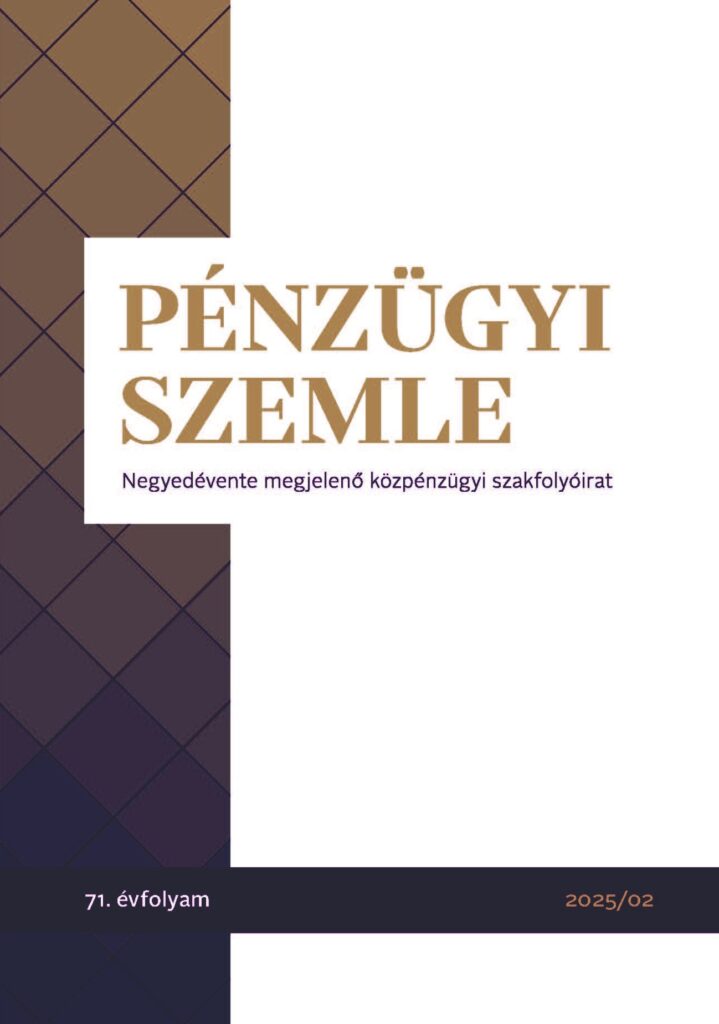
A Magyarországon elérhető ESG minősített befektetési alapok versenyképességének vizsgálata = Competitiveness analysis of ESG qualified investment funds available in Hungary Vancsura László – Bareith Tibor Pénzügyi Szemle/Public Finance Quarterly, 71. évf. 2. sz. pp. 51-77. (2025) Absztrakt A tanulmány célja annak vizsgálata, hogy milyen tényezők befolyásolják a Magyarországon működő részvényalapok éves hozamait és teljes költségmutatóját (TER), különös […]
Mesterséges intelligencia a közgazdasági kutatásban
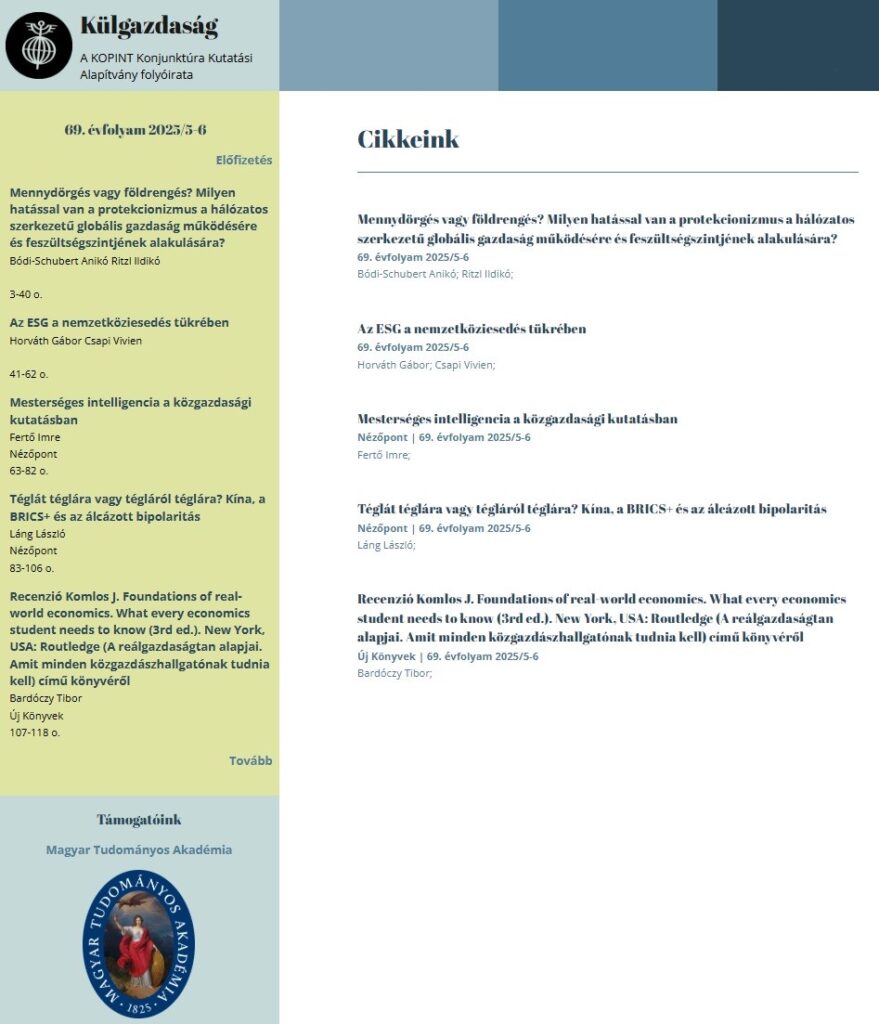
Fertő Imre Külgazdaság, 69. évf. 5-6. sz. pp. 63-82. (2025) Absztrakt: A mesterséges intelligencia (MI) térhódítása alapvetően alakítja át a közgazdasági kutatások módszertani, etikai és szakpolitikai környezetét. A tanulmány három kulcskérdést vizsgál: hogyan egyeztethető össze az MI adaptív, adatvezérelt megközelítése a közgazdaságtan oksági elemző szemléletével; milyen hatással van az MI a munka, a tőke és […]
Do diversity and context collapse kill an online social network?
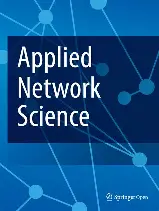
Júlia Koltai – László Lőrincz – Johannes Wachs – Károly Takács Applied Network Science, Vol. 10. Art. No. 26. 20 p. (2025) Abstract Our social lives consist of various circles, such as family, friends, and colleagues. Differences in norms and expectations among these circles can create tension in large online social networks (OSNs) due to […]
Artificial Intelligence for Agricultural Extension: Supporting Transformative Learning Among Smallholder Farmers
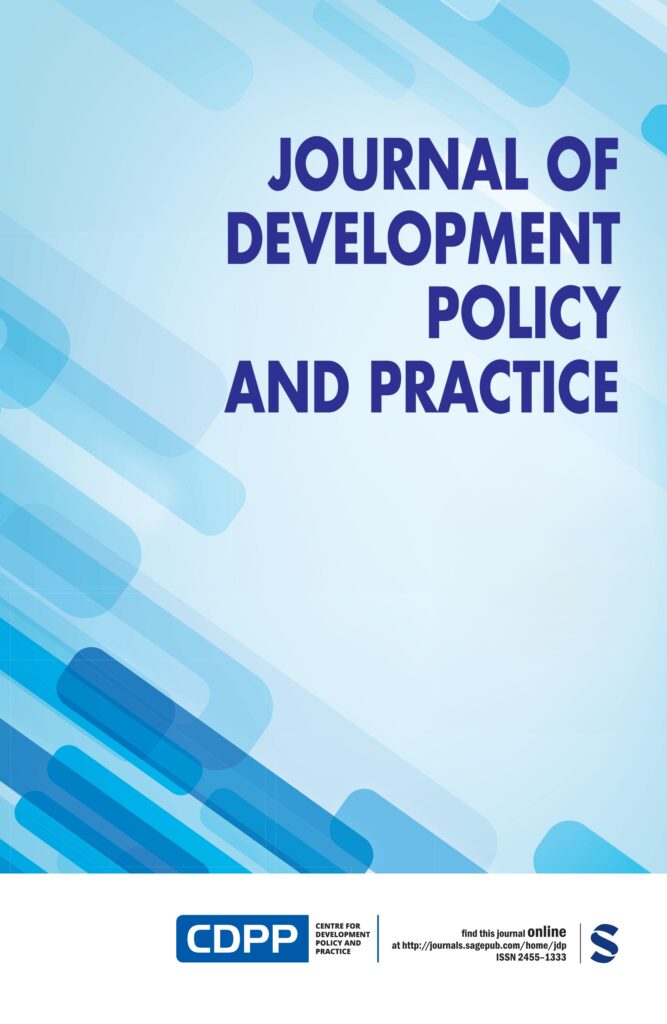
Chris High – Namita Singh – Gusztáv Nemes Journal of Development Policy and Practice, Online First First published online July 4, 2025 Abstract Small and marginal farmers face intersecting challenges related to food security, environmental risk and structural disadvantage. Agricultural extension has historically played a central role in supporting these farmers, with evolving approaches that […]
Heat, health, and habitats: analyzing the intersecting risks of climate and demographic shifts in Austrian districts

Hannah Schuster – Axel Polleres – Amin Anjomshoaa – Johannes Wachs Scientific Reports, Vol. 15. Art. No. 22812. 12 p. (2025) Abstract The impact of hot weather on health outcomes of a population is mediated by a variety of factors, including its age profile and local green infrastructure. The combination of warming due to climate change […]
FDI, technological progress and inequality
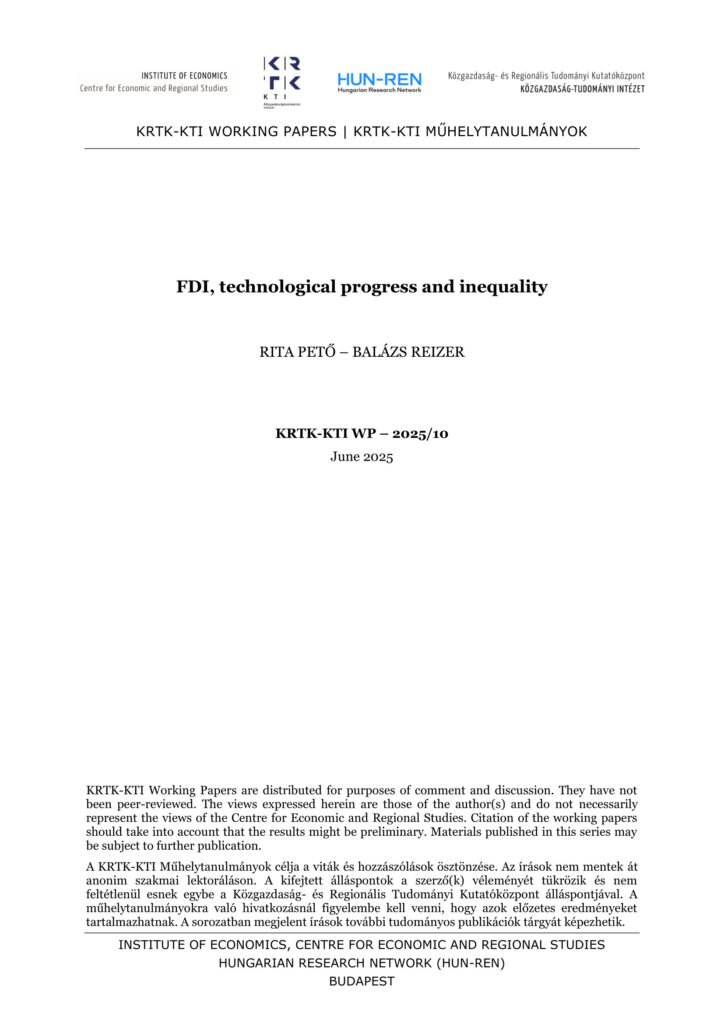
How does foreign direct investment impact wages and the task content of jobs? Using linked employer-employee data from Hungary and an event study approach we show that FDI increases the returns to abstract tasks, while it does not affect the returns to routine and face-to-face tasks. This finding appears to be driven by skill-biased changes […]
Foreign-owned firms and the gender wage gap: Does cultural transmission matter?
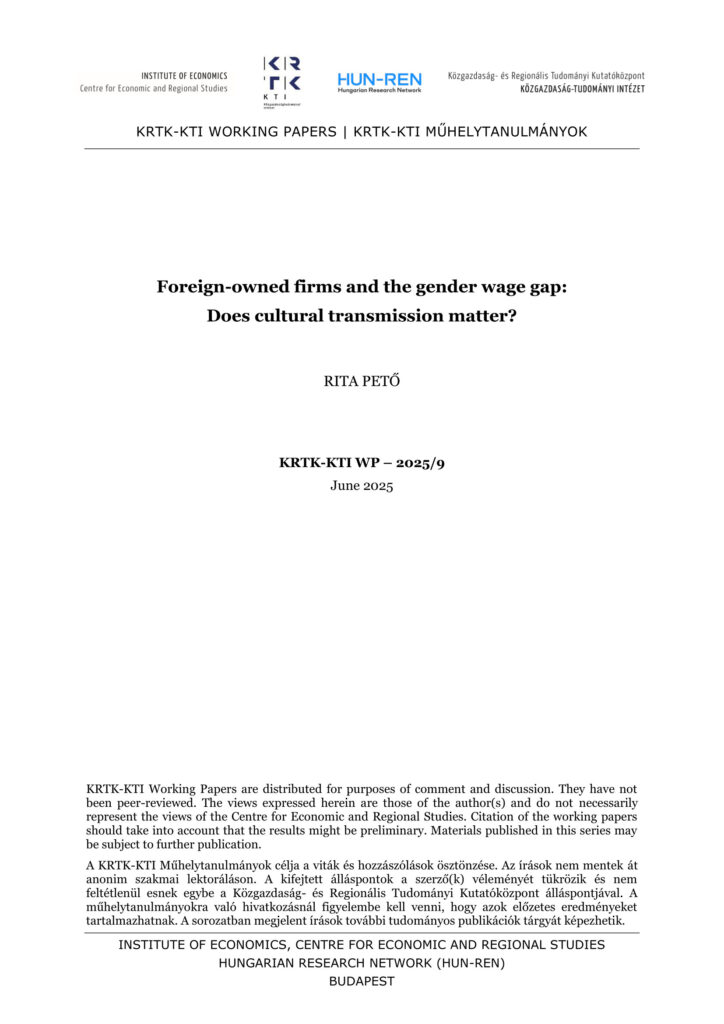
This paper examines how foreign direct investment (FDI) influences the gender wage gap, using matched employer-employee data from Hungary between 2003 and 2017. I find that foreign-owned firms exhibit a 4 percentage points larger within-firm gender wage gap compared to domestic firms, even after accounting for worker- and firm-level selection. This gap persists even after […]
The role of firms in the wage penalty for chronic health conditions
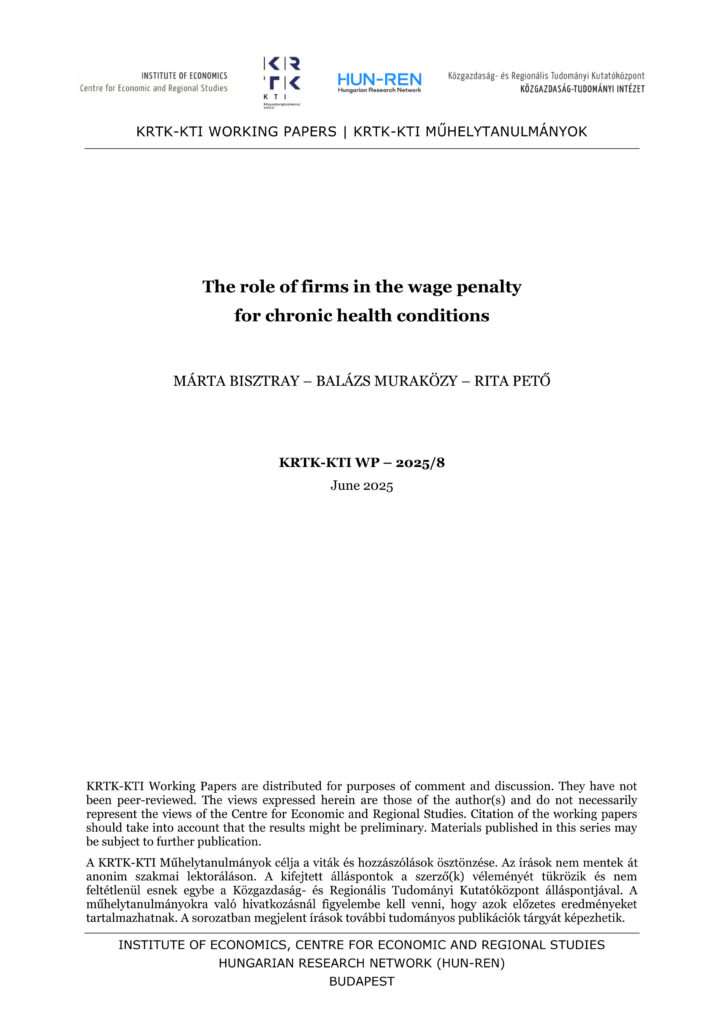
More than one-third of people in the EU report having a chronic health condition (CHC), and their share in the workforce is expected to rise. Using unique linked employer-employee administrative data from Hungary—combining detailed healthcare utilization with wage records—we identify workers with CHCs and analyze their labor market outcomes with a focus on the role […]
Gyermekvállalás és az anyák keresete a 2010-es években
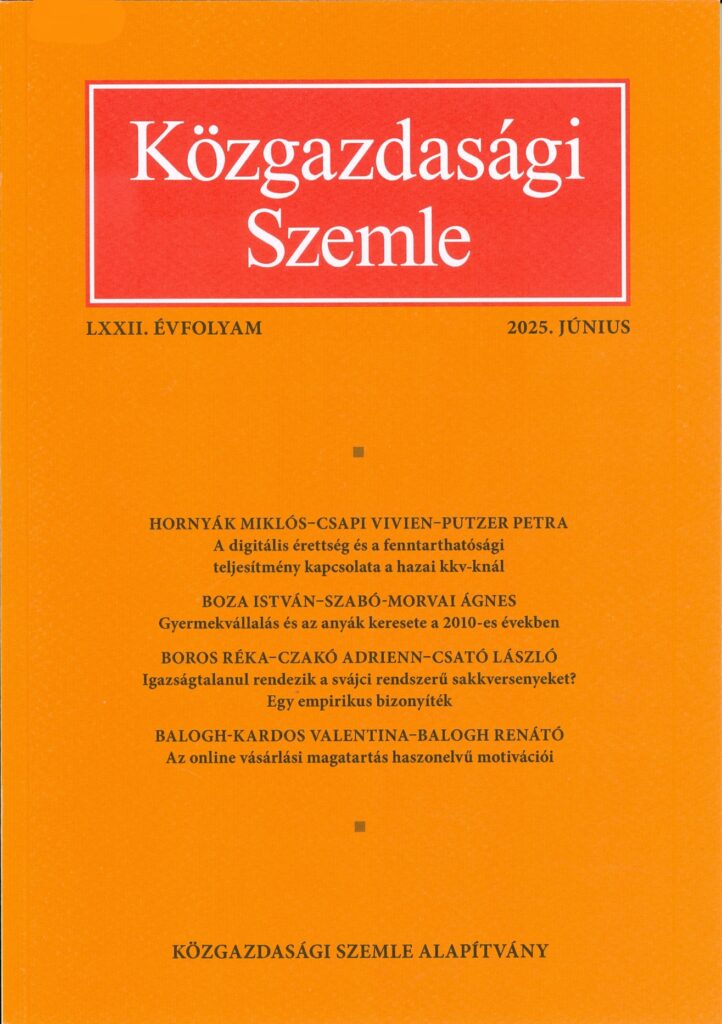
Boza István – Szabó-Morvai Ágnes Közgazdasági Szemle, 72. évf. 6. sz. pp. 566-595. (2025) Tanulmányunkban a gyermekvállalás hatását vizsgáljuk a nők munkaerőpiaci helyzetére, különös tekintettel a foglalkoztatottságukra és munkajövedelmükre. Elemzésünkhöz adminisztratív paneladatokat és oksági hatásokat becslő eseményelemzési módszereket alkalmazunk, az anyák mellett kontrollcsoportként gyermektelen nőket is bevonva az elemzésbe. Eredményeink alapján a szülést követően az […]
Supply-demand price decoupling in European-type day-ahead electricity markets
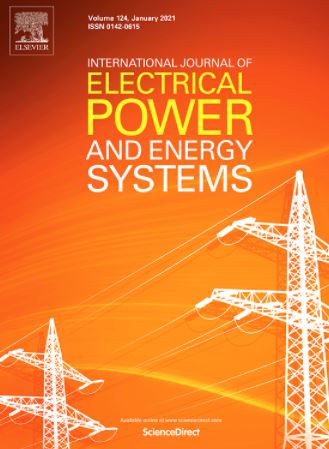
Anita Varga – Botond Feczkó – Marianna E.-Nagy – Dávid Csercsik International Journal of Electrical Power & Energy Systems, Vol. 169. Paper No. 110788 (2025) Abstract In this paper, we consider the possibility of supply–demand price decoupling in European-type day-ahead electricity markets, considering also the possibility of the supply price exceeding the demand price for […]


